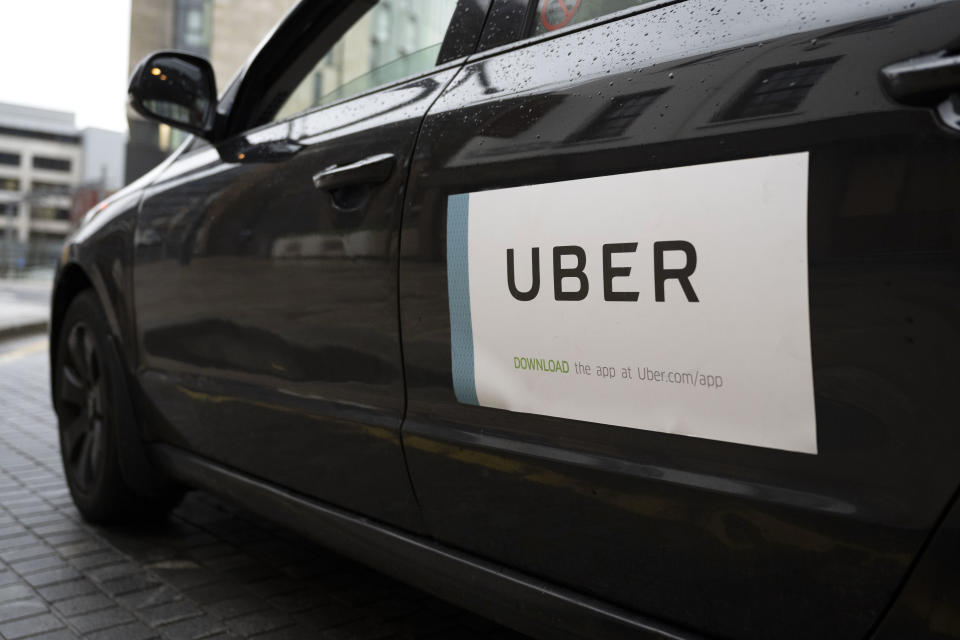The DOJ is suing Uber over claims its 'wait time' fee policy discriminates against people with disabilities

The Department of Justice is suing ride-hailing giant Uber over claims that the company discriminates against passengers with disabilities, in violation of the U.S. Americans with Disabilities Act.
The suit, filed in the U.S. District Court for the Northern District of California on Wednesday, alleged that Uber’s practice of imposing “wait time” fees on passengers with disabilities constituted discrimination, as those passengers may need more time to board the vehicle due to that disability. Uber launched its wait time policy in April 2016, charging fees from two minutes after the Uber vehicle arrives at the designated pickup location.
Uber does not give discretion to drivers to waive or otherwise alter wait time fees, which are calculated automatically in the app.
The DOJ said Uber failed to give those passengers adequate boarding time or provide equitable fares, in violation of the ADA. Mobility aids that need to be broken down, like wheelchairs and walkers, or myriad other reasons, could mean that a disabled passenger requires more than two minutes to board a vehicle, the suit says.
The complaint described the experiences of two specific passengers, referred to only as, “Passenger A” and “Passenger B.” Passenger A, a 52-year-old woman who has quadriplegia and uses a manual wheelchair, took at least five minutes on average to board vehicles she booked using Uber. She was charged a wait time fee for each ride she took, but due to limited other transportation options, she continued using Uber each day. She attempted to request a refund and was denied.
Passenger B, a 34-year-old man with cerebral palsy, also uses a manual wheelchair and was also charged a wait time fee for nearly every ride through the app. Uber initially refunded the fees, but later told him that he had reached “the maximum amount of refunds.”
“Similar to Passengers A and B, other individuals with disabilities throughout the country have likewise been discriminated against by Uber by being charged wait time fees because of their disabilities,” the suit says.
The ADA is a landmark piece of legislation enacted by Congress in 1990. While Uber is a private company, the DOJ says the ADA has authority to address discrimination in transportation services provided by private entities.
“As Uber and other similar providers have gained popularity over traditional taxi services as the primary option for on-demand transportation, Uber plays an important role in ensuring independence for countless people with disabilities who choose to – or simply must – rely on its services to travel,” the lawsuit says.
TechCrunch has reached out to Uber for comment and will update the story if the company responds.
The case number is 3:21-cv-08735.

 Yahoo Finance
Yahoo Finance 